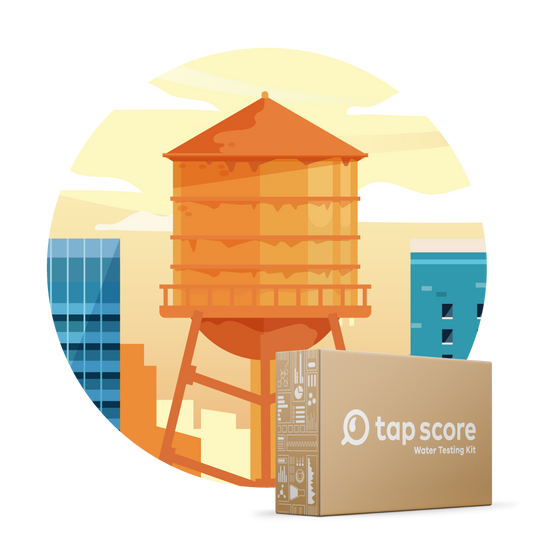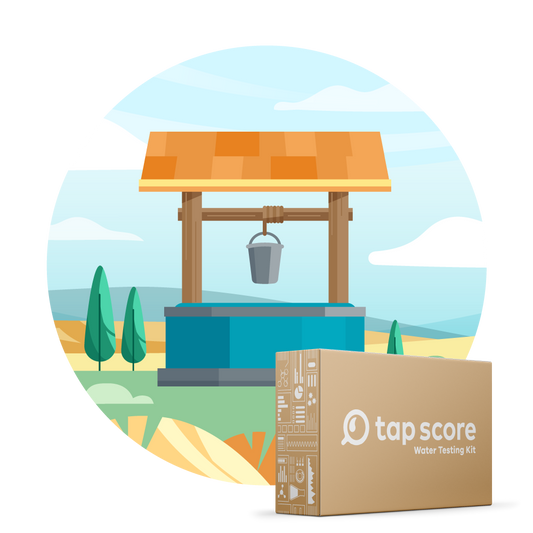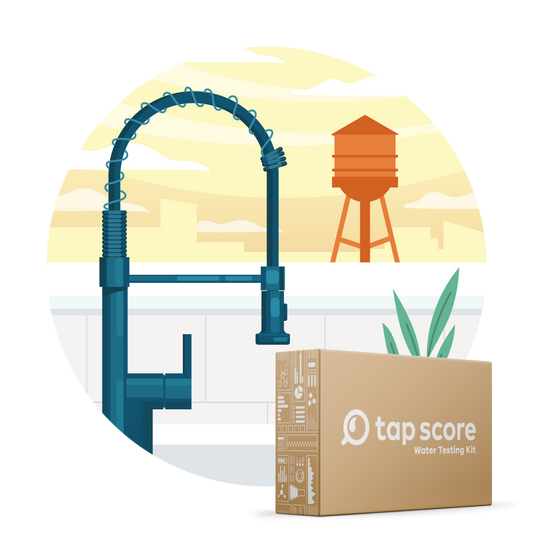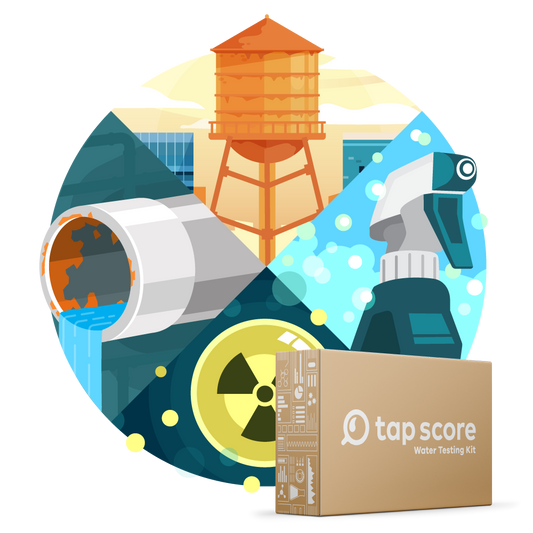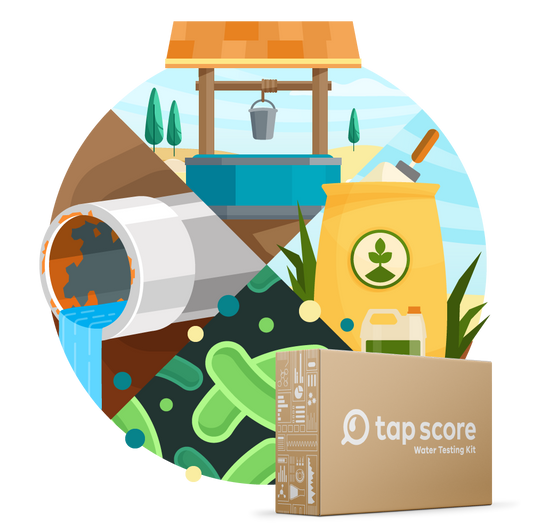
Sodium Adsorption Ratio, Irrigation, and Soil Health
Our blog is written by real experts— not AI. Each guide is carefully reviewed and updated based on the latest research. Plus, with no affiliate links, you can count on unbiased insights you can trust.
Are you watering your plants to no avail? The chemistry of your irrigation water can be affecting your soil and the plants that depend on that soil for nutrients and moisture. Because water is a complex mixture of both organic and inorganic chemicals, there can be large variations in your water’s general properties.
One such general property is the “sodium adsorption ratio” (SAR). While high SAR is not ultimately an issue of human health, it does have some other consequences–namely when it comes to your garden. In this water science deep dive, we explore what high SAR means for your garden.
Table of Contents:
- What Is SAR?
- Why Is SAR Important?
- Can I Water My Plants if My Water Has a High SAR?
- How Do I Know if My Water Has a High SAR?
- What Can I Do About Water With High SAR?
What Is Sodium Adsorption Ratio (SAR)?
Sodium adsorption ratio (SAR) is a measure of the amount of sodium relative to the amount of calcium and magnesium in a water sample. Specifically, SAR is the ratio of the sodium concentration divided by the square root of half the sum of the calcium and magnesium concentration:

Note: The resulting solution to the SAR equation is unitless (because it is a ratio).
Why is SAR Important?
SAR indicates the suitability of water for use in agricultural irrigation. High levels of sodium ions in water affect the permeability of soil and can lead to water infiltration issues.[1][2]
While the impact severity of high SAR water depends on many specific soil quality factors (such as soil type, texture, drainage capacity, etc), typically the higher the SAR, the less suitable the water is for irrigation.
If your water has a high SAR, it generally means sodium in your water will cause hardening and compaction of your soil. This will reduce infiltration rates of both water and air.[3] Additionally, the increased salinity reduces the availability of water in storage which can be very important for a plant’s growth and resilience (especially if you’re the type who forgets to water sometimes).
Aside from decreased water infiltration and availability, high SAR may also lead to temporary oversaturation of surface soil, high pH, soil erosion, inadequate nutrient availability, and increased risk of plant diseases.
How water quality impacts fruits and vegetables
Can I Water My Plants If My Water Has A High SAR?
Typically, water with a SAR below 3 is fine for irrigating grass and other common ornamental landscape plants. Alternatively, water that has a SAR greater than 9 may cause significant permeability problems. This is even more true if you have fine-textured soil (like a silty-loam).
Coarse-textured (i.e sandy) soils, on the other hand, are typically less susceptible to permeability problems and SAR-related issues. For those types of soils, the irrigation water's SAR can be slightly higher with no major impact.
Crops very sensitive to SAR (values of 2-8):
- Fruit
- Citrus
- Nuts
Crops moderately sensitive to SAR (values of 8-20):
- Beans
Crops moderately tolerant to SAR (values of 20-50):
- Clover
- Oats
- Rice
Crops tolerant to SAR (values of 50-100):
- Tomatoes
- Beets
- Wheat
- Barley
How Do I Know If My Water Has A High SAR?
Like most important water parameters, the only way to know your water quality is to have it lab tested.
Basic test panel for water utility customers primarily concerned by metals, aging pipes, and infrastructure. Ideal for regular testing of private or shared well water.
Essential City Water Test
$294.00 CAD
Sale price
$266.00 CAD
Essential Well Water Test
$330.00 CAD
Sale price
$294.00 CAD
Both tests include analysis for SAR, as well as many other parameters and contaminants.
Along with the SAR evaluation, the professional water quality analysis will include irrigation quality and a detailed health/pipe risk analysis.
What Can I Do About Water With High SAR?
While high SAR water can be used for irrigation purposes, soil may require amendments to prevent long-term damage.
An amendment, such as gypsum, when added to soil or water will increase the calcium concentration in the water.[4] Subsequently, the SAR is reduced as the sodium to calcium ratio is also reduced.
However, it’s important to note that if infiltration is poor due to adverse soil texture, compaction, or a high water table, gypsum won’t lead to any major improvements.
Alternatively, you can also install a whole-home reverse osmosis system—although it is a pricier option. We recommend testing your water first in order to ensure you make the right choice (and don’t spend money unnecessarily).


